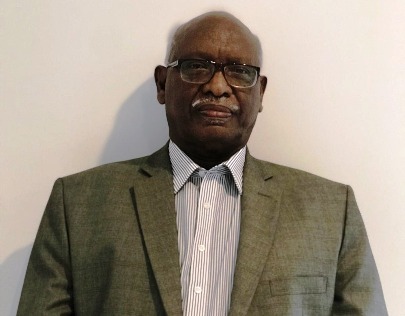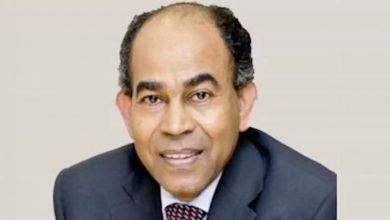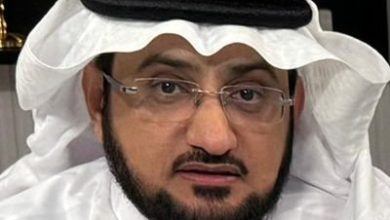
By: Zein Al-Abidin Saleh Abdul Rahman
Trump’s victory is not merely a win for the presidency but also a triumph for the Republican Party in both the “Congress” and “Senate” elections. This consolidated power allows Trump to execute his agenda without significant obstacles throughout his presidential term. Ideologically, this victory signifies the resurgence of populism in American politics, which re-emerged strongly during Trump’s first presidency. Populism challenges liberal power and its institutions, marking a substantial decline in the role of the middle class in society, the economy, and politics.
Trump is known for his pragmatic approach and is unlikely to offer anything without expecting something in return. This was evident during his first term when he visited Saudi Arabia and made his famous statement to Gulf countries: “The United States will not protect you unless you pay for it.” Subsequently, Gulf nations paid more than 400 billion dollars upfront for American protection. Trump’s focus remains on internal issues within the United States, engaging in international conflicts only when it aligns with American interests.
The victory of populism in the U.S. has fueled the rise of right-wing ideologies across Europe. This shift is set to alter global political equations, creating disruptions for countries that perceive Trump’s policies as detrimental to their interests and aim to curtail their economies. However, for Sudan, the scenario will differ greatly. Trump’s administration is likely to prioritize policies that directly benefit American citizens, maintaining the populist momentum domestically. Consequently, Sudan may find relief from the Biden administration’s agenda, which attempted to impose specific leaders and an agenda aligned with American interests.
Economic sanctions and Sudan’s designation as a terrorist state were measures implemented during the Democratic Party’s administrations. After Sudan’s revolution, however, the Trump administration worked to remove Sudan from the list of terrorism-sponsoring states and to facilitate economic transactions. In contrast, the Biden administration, through the “Quartet Committee” (comprising the U.S., the U.K., Saudi Arabia, and the UAE), has sought to install specific political leaders on the Sudanese scene. Despite condemning the militia, it has not enacted deterrent measures or halted UAE-supplied arms to these forces. Furthermore, Biden’s administration dispatched a special envoy to Sudan, whose main concern appeared to be safeguarding UAE and militia interests without proposing solutions acceptable to the Sudanese people.
Such failed policies in Sudan, Gaza, and Lebanon have indirectly bolstered Trump’s campaign by casting doubt on the Biden administration, especially among Arab and Muslim communities in the U.S., influencing crucial “swing states” with diverse and unpredictable voter bases.
With Trump’s inauguration set for January 2025, Sudan might become a mid-priority issue once Trump establishes his agenda. Historically, Trump has not prioritized Africa and will likely focus more on the ongoing war in Ukraine, the Middle Eastern conflict, and the economic rivalry with China. Trump has indicated that military interventions are not viable solutions, as they would harm the U.S. economy, negatively impacting the lower-income class that supports his populist vision. This stance may lead Trump to adopt a non-militant approach to addressing Sudan’s issues, aligning with his broader ideology.
Even if Sudanese political parties and elites attempt to align with Trump’s policies, they may face difficulties due to losing credibility with the Sudanese public. Trump’s speeches reveal his inward-focused priorities and his pragmatism in handling foreign issues for economic gain. Sudanese elites, who rely on external support to gain power, must reconsider their strategies, possibly requiring leadership changes to facilitate new, dialogue-based proposals. Adapting to a Trump-led administration’s focus on internal priorities might bring Sudan’s political elite to reassess and initiate a fresh, positive direction in the political process.
For those unwilling to adapt, persisting in blaming external factors, they risk stagnating. A shift in thinking is necessary for the survival and progress of political entities in Sudan. We ask God for wisdom and discernment.


